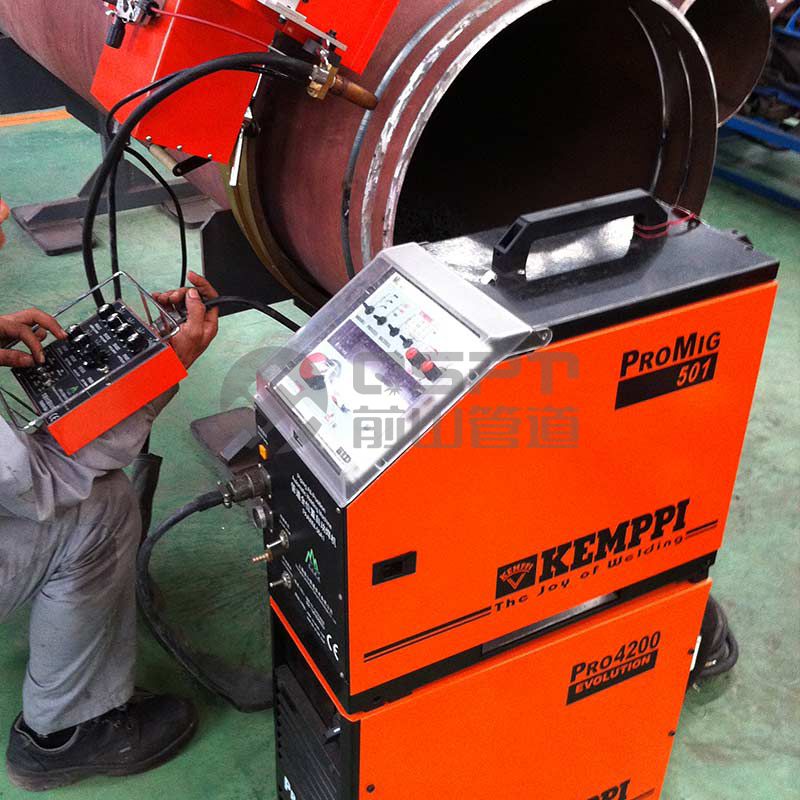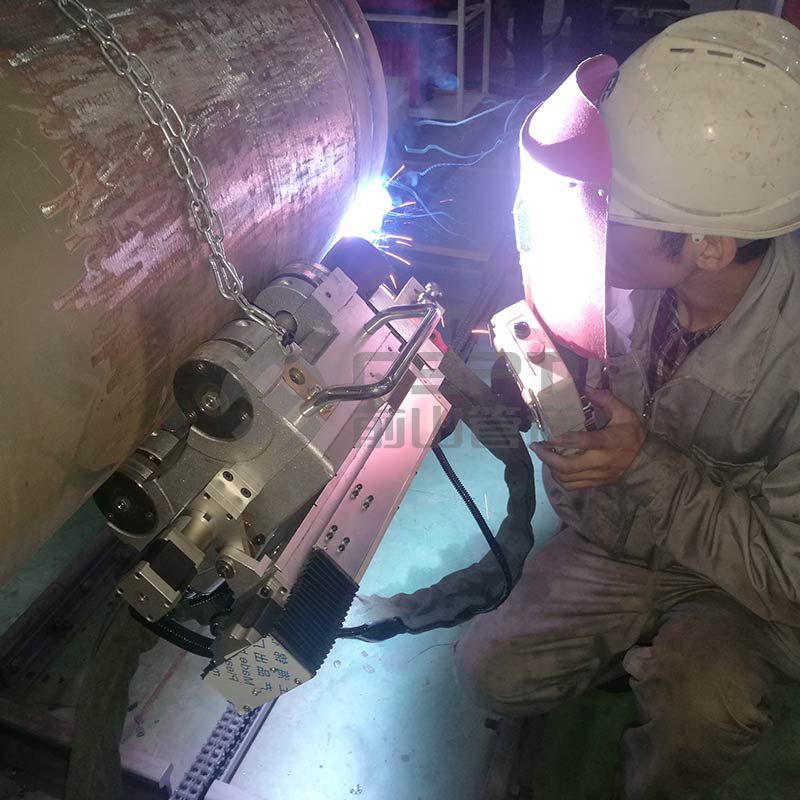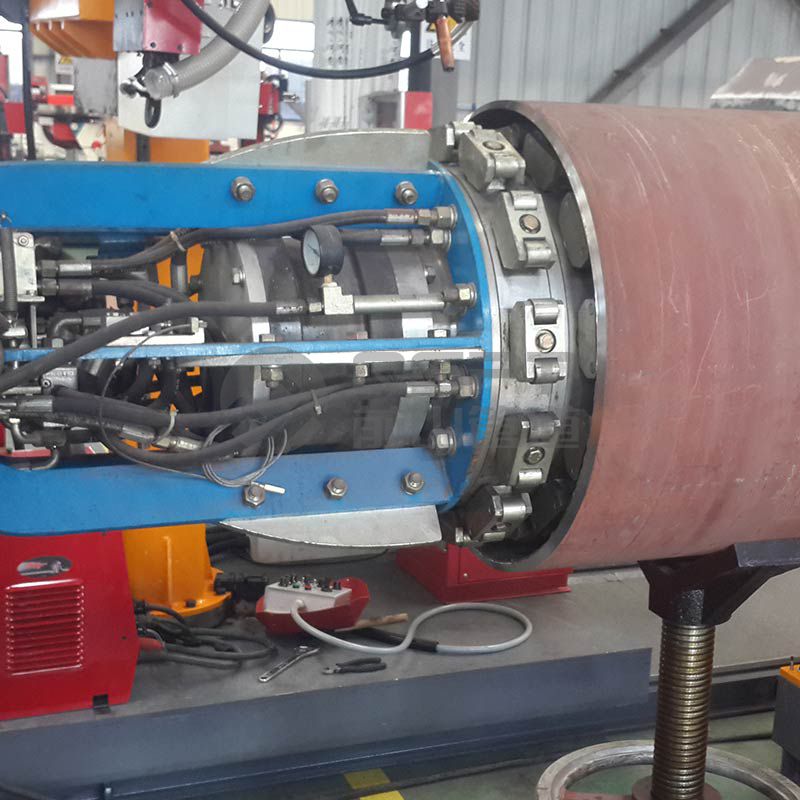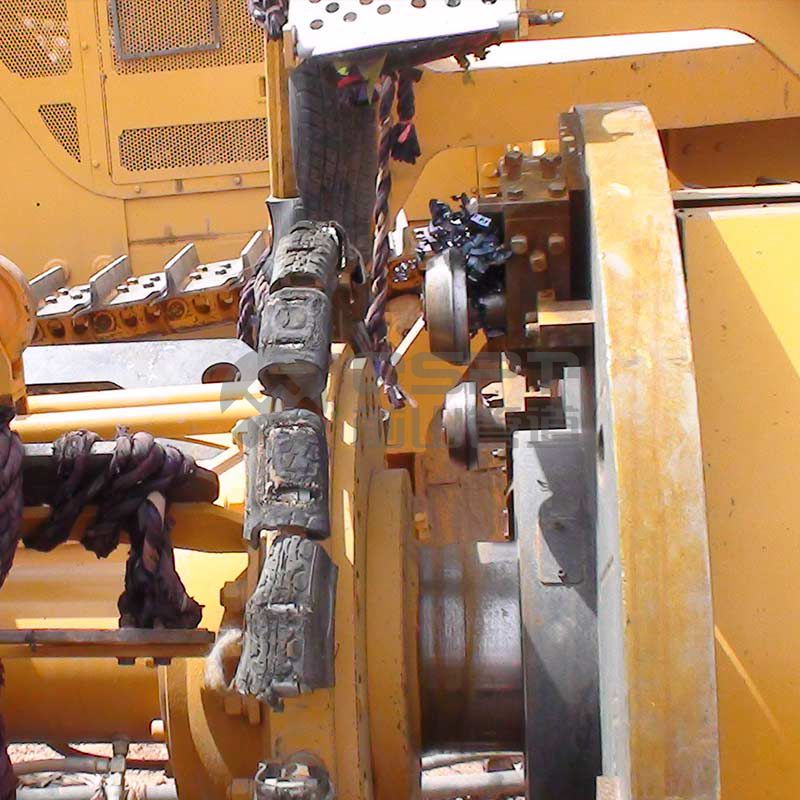With the rapid development of petrochemical industry, stainless steel materials have been widely used, and higher requirements have been put forward for pipeline and plate welding. The former stainless steel arc welding bottom-laying method has been gradually eliminated, and argon arc welding bottom-laying welding has been adopted.
Compared with ARC welding, TIG has a higher cleanliness and a faster welding bottom. Meanwhile, some problems also occur. In the welding process, the back of tiG is easy to be oxidized and produce defects, so back protection measures must be taken.This can ensure the mechanical properties of the weld and corrosion resistance, so that the welding of stainless steel must be taken effective protection.
Several commonly used stainless steel welding back protection methods are introduced today:
Common protective gases can be divided into simple argon gas protection and mixed gas protection. A certain proportion of argon and nitrogen mixed gas is more conducive to austenitic stainless steel welding, while some inert gases are not used because of the high cost.
Argon filled back protection is a more traditional back protection method, which has the characteristics of better back protection, easy to grasp, high cleanliness and high pass rate.It is divided into protection cover argon filling protection law, partial argon filling protection law, welding joint directly filled argon protection law and so on.
1.The protective cover is argon filled
In sheet and large diameter pipe stainless steel welding using this method, a metal shield connection pipe and connect argon hose, open the valve of argon shielding filled with argon gas, need another handheld metal pipe as the handle, make the protective cover on the back of molten pool slide and plate or pipe welding synchronization, such making that the back got effective protection, features is to protect, argon gas does not need to open too big, argon gas waste.
2.Partially argon filled protection
For some little space, easy to use short pipe sizes some protection, methods: the pipe joint seal with rubber belt (to prevent leakage), pipe ends with sponge, rubber, paper, such as sealing, insert the argon hose from one end of the filling the argon gas, the other end of the pipe pincer-like device is best to play a small hole, so the final render of welded joint, will not dent, etc., by internal pressure is too high, when welding to prevent weld argon discharge in great quantities, weld seam sealing tape should be tore a welding a, so that we can effectively reduce the loss of more argon gas protection welding seam.It is characterized by waste, slow argon filling and high cost.

Attention:
(1) Before tiG welding, argon arc welding should be carried out on the back of the welding parts in advance. The flow rate should be appropriately large. After the air is discharged, the flow rate will gradually decrease.Argon should be continuously filled into the tube during welding.Only after welding can the argon hose be removed, so that the welding seam can be well protected.In addition, special attention should be paid to the air exhaust before welding, otherwise it will affect the protection effect of argon filled.
(2) Argon gas flow rate should be appropriate.Low flow rate, poor protection, easy oxidation on the back of weld;If the flow rate is too high, it will cause defects such as concave in the root of welding seam, which will affect the welding quality.
(3) Argon inlet should be placed as low as possible in the closed section, and air discharge holes should be placed slightly higher in the closed section.Because argon is heavier than air, a higher concentration can be obtained by charging it from a lower position, which is better for argon protection.
(4) In order to reduce the loss of argon gas from the corresponding gap in the tube, which will affect the protection effect and increase the cost, adhesive tape can be affixed along the welding gap before welding. Only the length of continuous welding can be set aside for the welder, and the adhesive tape can be removed while welding.

 2020-12-17
2020-12-17 









